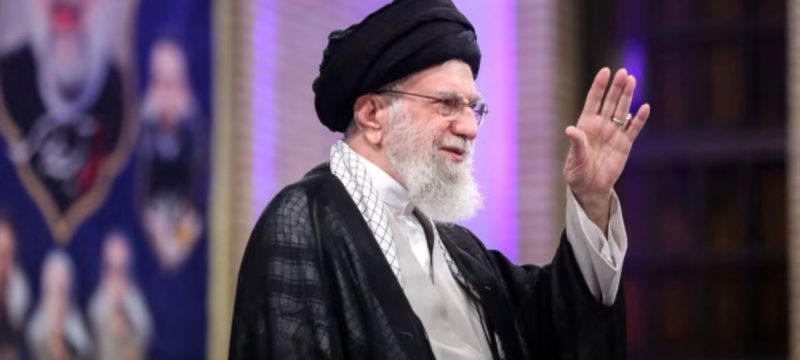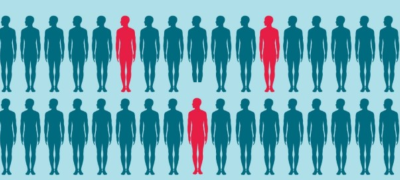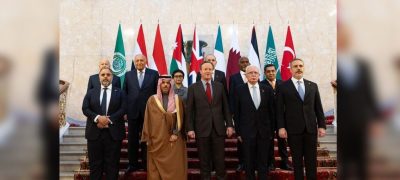Iran’s Supreme Leader Ayatollah Ali Khamenei expressed doubt about the effectiveness of the ongoing nuclear negotiations with the United States, suggesting that the talks are unlikely to produce any significant results due to Washington’s increasing demands.
Speaking through his official website, Khamenei remarked that indirect negotiations held during former President Ebrahim Raisi’s term had failed, and similar expectations now remain uncertain. He criticized the U.S. stance on uranium enrichment, calling its demand to stop enrichment “a major error,” and firmly stated that Iran would not seek American approval to proceed. Addressing U.S. officials, he remarked, “Try not to talk nonsense.”
Read more: Iran Rejects Trump’s Claims of Corruption and Regional Chaos
His comments come as nuclear discussions between Tehran and Washington show signs of stalling. The fourth round of indirect talks was recently held in Oman, aiming to limit Iran’s nuclear activities in exchange for lifting sanctions. Iranian representatives described the talks as “challenging.”
A central issue in the deadlock is Iran’s insistence on its right to enrich uranium, citing the UN’s Nuclear Non-Proliferation Treaty (NPT). The U.S., however, has taken a firmer position, with Special Envoy Steve Witkoff stating that America “cannot allow even 1%” of enrichment capability in any deal. He mentioned a proposal has been offered to Iran that seeks to address concerns without disrespecting Tehran, though details remain vague.
Iranian officials have responded critically. Deputy Foreign Minister Majid Takht Ravanchi said talks would not succeed if the U.S. maintains its demand for a full halt in enrichment. Foreign Minister Abbas Araghchi noted that while a date for another round of talks has been proposed, Iran has not yet accepted, adding that negotiations are still a “tussle.”
Meanwhile, conflicting U.S. signals continue. Former President Donald Trump, during a recent visit to the Middle East, issued warnings about the use of force if Iran refuses to comply with a deal, though he stopped short of directly denying Iran’s right to enrichment.
With trust eroded and no clear path forward, chances of a breakthrough remain slim. While the next round of talks may take place in Europe, official confirmation is still pending. Despite the challenges, Envoy Witkoff voiced cautious optimism, saying he hoped for “real positivity” ahead.





